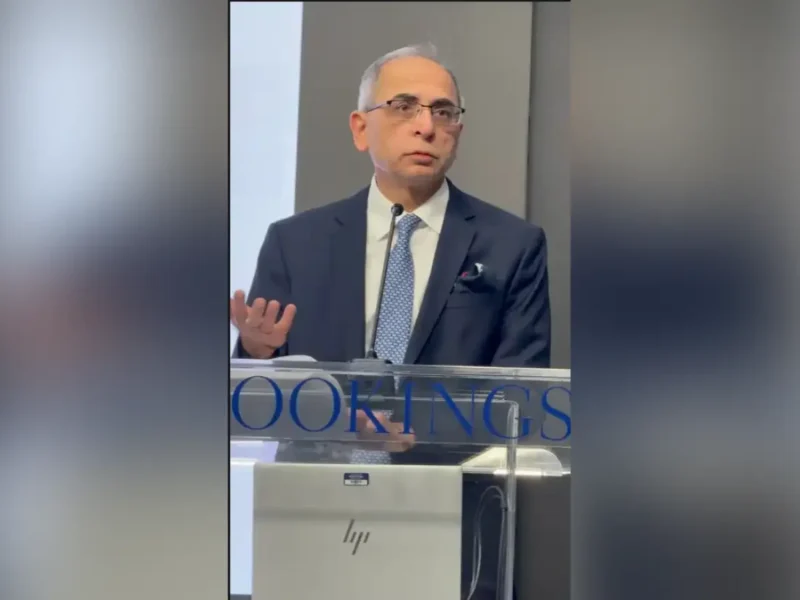
Sprouts And Sunsets: India’s Second Man In Space Returns To Earth
India-West News Desk
SAN DIEGO, CA — A thundering splash into the Pacific Ocean early Monday morning marked the return of Indian Air Force Group Captain Shubhanshu Shukla, who made history as the first Indian astronaut to board the International Space Station (ISS). The SpaceX Dragon spacecraft “Grace,” carrying Shukla and his three Axiom Mission-4 crewmates, landed off the coast of California shortly after sunrise on July 15, wrapping up a trailblazing two-week journey that not only cemented his name in the record books but also advanced India’s space science ambitions.
The spacecraft’s descent followed an 18-minute-long de-orbit burn over the Pacific, culminating in a blistering re-entry through Earth’s atmosphere where the capsule’s heat shield withstood temperatures near 1,600°C. A tense seven-minute communications blackout tested nerves on the ground as “Grace” plunged toward its final destination. Once contact was re-established, recovery teams awaited the capsule’s splashdown — a first for a SpaceX human mission in the Pacific, diverging from previous landings in the Atlantic.
Shukla’s mission began with a launch from NASA’s Kennedy Space Center on July 1, as part of the privately operated Axiom Space Mission-4. His arrival at the ISS marked a national milestone — the second Indian in space since Rakesh Sharma’s 1984 mission, and the very first to reach the orbiting laboratory.
While aboard the ISS, Shukla served not only as a symbol of national pride, but as a hands-on researcher advancing vital space science. He completed seven India-specific microgravity experiments designed collaboratively by ISRO, the Department of Biotechnology, and NASA. Chief among them was “SPROUTS,” a study of green gram and fenugreek seeds — dietary staples in India — grown in zero gravity.
The research sought to understand how microgravity influences seed germination, nutritional value, hormone responses, and microbial dynamics. Findings from SPROUTS could revolutionize food production systems in space by providing lightweight, high-nutrient options for astronauts on long-duration missions — a critical consideration for future exploration of the Moon and Mars.
“Plant-based food production systems can play a crucial role in achieving the long-term goals of human space exploration,” NASA noted. The agency emphasized that the sprouted seeds offered “more nutritional value per unit mass” compared to mature plants, adding that the study could also benefit agricultural innovation on Earth, particularly in harsh environments.
Beyond SPROUTS, Shukla worked on experiments to understand muscle loss in microgravity, explore brain-computer interface technology, and study various biological processes in space. His efforts contribute directly to India’s Gaganyaan program — the country’s forthcoming manned spaceflight initiative — by supplying real-time data and operational experience.
Even with a packed research schedule, Shukla found time to connect with students from his home state of Uttar Pradesh and across Kerala through live video calls. He fielded questions about daily life in space, astronaut diets, sleeping without gravity, and even how one deals with illness aboard the station. To the delight of students, Shukla humorously described sleeping arrangements aboard the ISS: “There is no floor or ceiling… you’ll find someone sleeping on the walls, someone on the ceiling.”
Over his 14-day stint, Shukla orbited Earth more than 310 times — a journey of over 13 million kilometers, equivalent to circling the Moon 33 times. Along the way, he witnessed over 300 sunrises and sunsets from the station’s panoramic viewing ports — daily reminders of the planet spinning far below.
Now safely back on Earth, Shukla’s mission marks a profound leap for India’s space presence and international scientific collaboration. As recovery teams escorted the returning astronauts to medical checks and debriefs, ISRO celebrated the successful completion of all experiments, calling the mission “a new era in India’s human spaceflight journey.” (with IANS inputs)



